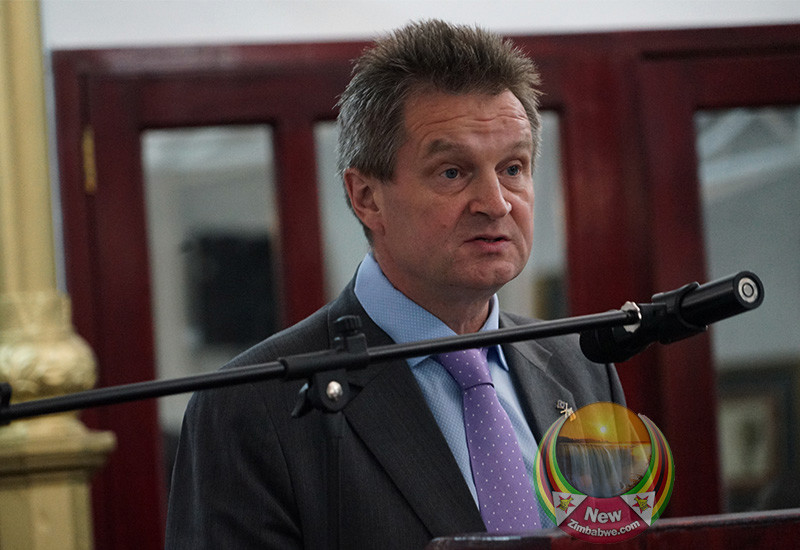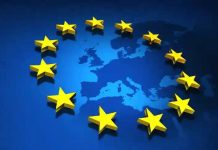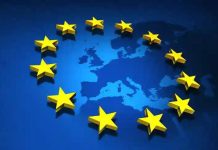LOCAL business players have alleged bias in the awarding of contracts by the European Union (EU) following a decision by the bloc to award 50% of the 11 million euros to two foreign linked companies as grant managers.
The local companies raised the concerns to NewZimbabwe.com Business Wednesday on the sidelines of the Zimbabwe European Partnership Agreement (ZEPA) support programme launch.
Two non-governmental organisations, Wilte Hunger Hilfe and Cesvi were appointed grant managers by the EU and received 2.5 million euros each.
A top official at a government subsidiary bemoaned the very strict bidding process by EU, which imposes conditions that most local companies cannot meet.
“It appears as if the EU sets very strict conditions in order to sideline local organisations and companies in the management of the grants,” he said.
Most directors of local companies who spoke on condition that they are not named, said they were failing to get EU funding as they had no foreign entities linked to their entities.
Contacted for comment EU ambassador, Timo Olkkonen dismissed the allegations saying all its contracts are awarded on the basis of transparency.
“While I cannot give finer details on some of the requirements, there is need to note that there are a number of local organisations who are also involved in the projects,” he said.
He also promised to avail more details at a later date.
Under ZEPA programme, the EU extended a US$11 million grant which will go towards Zimbabwe’s integration into the regional and international trading system. The objective of ZEPA is to increase the volume of exports from Zimbabwe to the EU market.
Speaking at the launch, Olkkonen took the opportunity to set the record straight on the EU’s position on sanctions.
“I would like to remind you that the EU has never ever applied market access restrictions to Zimbabwe, there is no and never was any sanctions of this kind.
“In line with the objective enshrined in the Contonou Partnership Agreement signed in 2000, the EU has sought to update its preferential trade relationship with the African Caribbean and Pacific Countries (ACP) by establishing free trade areas with regional groupings,” he said.
Olkkonen said the trade relationship gave birth to the Economic Partnership Agreement (EPA) to allow ACP countries continue exporting products to the EU without restrictions while ensuring compliance with the World Trade Organisation (WTO) rules.
“According to the WTO, it was not possible to continue the previous trade regime based on preferences, many of them reacted to guaranteed quotas and prices. In the current difficult trade policy international environment, the EU countries continue to push for free trade,” he said.






